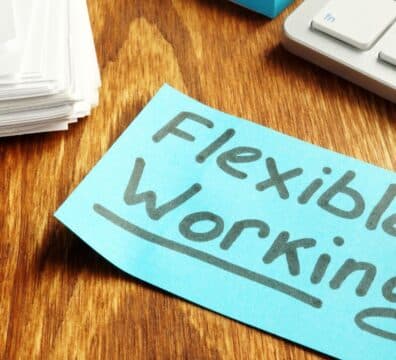Introduction: How to Enhance Employee Productivity
In today’s fast-paced work environment, effective time management is the cornerstone of productivity. Employees who can manage their time efficiently tend to accomplish more tasks, meet deadlines, and experience less stress. In this comprehensive guide, we will explore strategies and techniques to help enhance employee productivity at work through the power of improved time management.

Understanding the Importance of Time Management to Enhance Employee Productivity
Before diving into the strategies, let’s take a moment to understand why time management is crucial in the workplace.
The Significance of Time Management:
- Optimal Resource Utilization: Efficient time management ensures that resources, including human capital, are utilized effectively, leading to cost savings.
- Enhanced Productivity: Employees who manage their time well tend to be more productive, achieving better results in less time.
- Reduced Stress: Properly managed workloads reduce stress levels, improving employee morale and well-being.
- Improved Work-Life Balance: Effective time management allows employees to find a healthier balance between work and personal life.
Setting Clear Goals and Priorities on How to Enhance Employee Productivity

One of the fundamental aspects of time management is setting clear goals and priorities. When employees have a clear understanding of what they need to accomplish, they can allocate their time more effectively.
Strategies for Goal Setting:
- SMART Goals: Encourage employees to set Specific, Measurable, Achievable, Relevant, and Time-bound goals.
- Prioritization: Help employees differentiate between urgent and important tasks, focusing on the latter to avoid unnecessary stress.
Time Tracking and Analysis
Encouraging employees to track their time and analyze how they spend it can be eye-opening. This self-awareness can lead to significant improvements in time management.

Methods for Time Tracking:
- Time Logs: Employees can maintain daily or weekly logs of how they spend their time, identifying areas where time may be wasted.
- Time-Blocking: Implementing time-blocking techniques helps employees allocate specific time slots to different tasks or projects.
Effective Planning and Scheduling
An organized approach to planning and scheduling is key to managing time efficiently.
Planning and Scheduling Tips:
- To-Do Lists: Employees should create daily or weekly to-do lists, ensuring they allocate time for essential tasks.
- Use of Technology: Encourage the use of digital calendars, scheduling apps, or project management tools to stay organized.

Minimizing Distractions to Enhance Employee Productivity
Distractions can severely impact productivity. Identifying and minimizing them is crucial.
Strategies to Minimize Distractions:
- Designated Workspaces: Encourage employees to have a dedicated workspace, free from household distractions.
- Time Blocks for Email and Social Media: Suggest checking emails and social media during designated time blocks rather than throughout the day.
Delegation and Collaboration
Employees should recognize the importance of delegation and collaboration to optimize time management.
Delegation and Collaboration Techniques:
- Delegating Tasks: Encourage employees to delegate tasks when possible to free up their time for higher-priority responsibilities.
- Effective Meetings: Emphasize the importance of efficient, well-structured meetings that don’t waste time.

Continuous Learning and Improvement
Time management skills can always be improved. Encourage employees to seek continuous learning and self-improvement.
Continuous Improvement Strategies:
- Time Management Workshops: Offer workshops or training sessions on time management techniques.
- Feedback and Reflection: Encourage employees to seek feedback from colleagues or mentors to identify areas for improvement.
Work-Life Balance to Enhance Employee Productivity
Finally, it’s crucial to emphasize the importance of maintaining a healthy work-life balance. Overloading employees with excessive work can lead to burnout and reduced productivity.
Promoting Work-Life Balance:
- Flexible Work Arrangements: If feasible, consider offering flexible work arrangements that allow employees to manage their time more effectively.
- Stress Management Resources: Provide access to stress management resources, such as counseling or wellness programs.

Conclusion
Effective time management is a skill that can significantly enhance employee productivity at work. By setting clear goals, tracking time, planning and scheduling effectively, minimizing distractions, embracing delegation and collaboration, seeking continuous improvement, and promoting work-life balance, employees can achieve better results, reduce stress, and lead more fulfilling professional lives. Encourage your workforce to adopt these time management strategies, and watch as productivity soars to new heights.

























